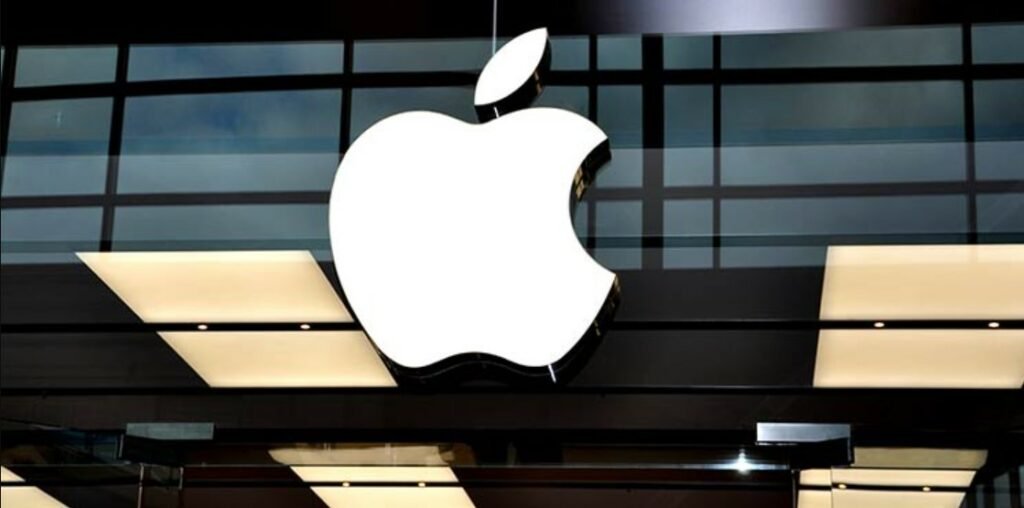In a landmark move, the U.S. Justice Department, backed by several state attorneys general, has launched a civil antitrust lawsuit against Apple Inc. The case alleges that Apple has engaged in monopolistic practices within the smartphone market, leveraging its control over the iPhone to stifle competition and innovation, while imposing additional costs on developers, businesses, and consumers.
The Core of the Controversy
The lawsuit claims that Apple’s actions have not only hindered competitors but have also directly impacted consumers, who face higher prices and fewer choices as a result. The Justice Department asserts that Apple’s restrictive contracts and control over critical access points for developers have allowed it to maintain its dominant position unlawfully.

Apple’s response to the lawsuit has been to deny the allegations, stating its intention to defend its practices vigorously. The company argues that its policies are designed to protect consumers and provide a fair marketplace for all participants.
Implications for the Tech Industry
This legal challenge comes at a time when antitrust scrutiny is intensifying globally, with tech giants under the microscope for their business practices. The outcome of this case could set a precedent for how digital marketplaces are regulated and how tech companies conduct their operations.
The lawsuit also raises questions about the balance between fostering innovation and preventing monopolistic behavior. As the tech industry continues to evolve, finding this balance will be crucial for ensuring a competitive and dynamic market.
Looking Ahead: The Path to Resolution
As the case progresses, the tech community and consumers alike will be watching closely. The implications of the lawsuit extend beyond Apple, potentially influencing the practices of other tech behemoths and shaping the future of antitrust law enforcement.
The Justice Department’s action signals a commitment to challenging monopolistic practices that may harm the economy and consumer choice. The resolution of this case could mark a significant shift in the landscape of the tech industry and antitrust regulation.





















